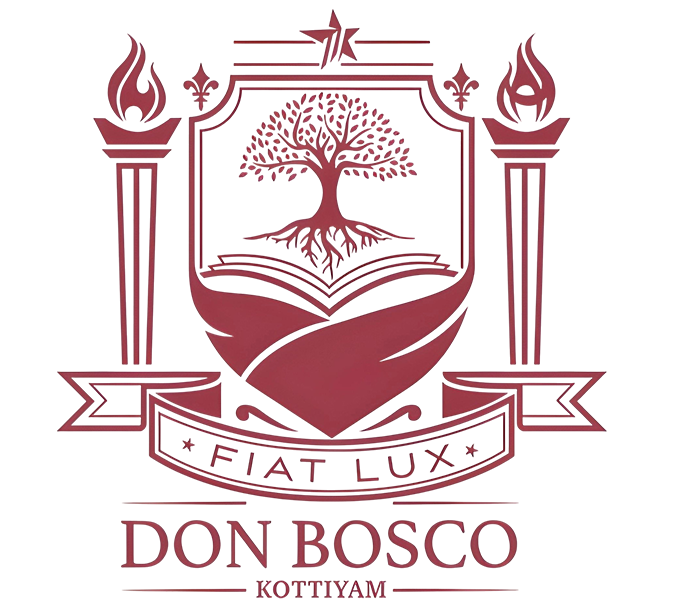BUSINESS INFORMATION SYSTEMS


Established in 2014, the Department of Commerce has consistently demonstrated excellence in commerce education, achieving remarkable growth and success since its inception.
Our program is specifically designed to equip students with a unique blend of foundational business knowledge and practical IT skills, preparing them to thrive in today’s dynamic digital economy. The curriculum seamlessly integrates core commerce subjects, including accounting, economics, business law, and taxation, with specialized computer application courses, such as TALLY, database management, and e-commerce.
Graduates of our program are well-prepared for successful careers in various sectors, including banking, finance, marketing, IT, and entrepreneurship, where the combination of commerce and tech skills is highly valued. Our strong industry connections and emphasis on practical exposure through internships, workshops, and live projects provide students with hands-on experience, enabling them to apply their skills in real-world business environments.



Program Objectives
- Function effectively in diverse settings: Work effectively as individuals, team members, and leaders in multidisciplinary environments, demonstrating adaptability, collaboration, and communication skills.
- Apply ethical principles and professional standards: Demonstrate a commitment to professional ethics, responsibilities, and norms of accounting practices, applying ethical principles to guide decision-making and actions.
- Communicate effectively with stakeholders: Communicate complex accounting and financial information effectively with accounting professionals, IT communities, and society at large, using clear and concise language.
- Prepare effective reports and presentations: Comprehend and write effective reports, documentation, and presentations, and give and receive clear instructions, demonstrating strong business communication skills.
- Analyse and solve socio-economic problems: Identify, formulate, and analyse socio-economic problems, arriving at substantiated conclusions and designing solutions that consider public health and safety.
- Engage in lifelong learning: Recognize the need for continuous learning and professional growth, demonstrating the ability to engage in independent and lifelong learning in the broadest context.
- Pursue professional certifications and advanced education: Prepare for professional certifications, such as CA, CMA, ICWA, and CS, and pursue advanced education, including MBA, and other related fields.

